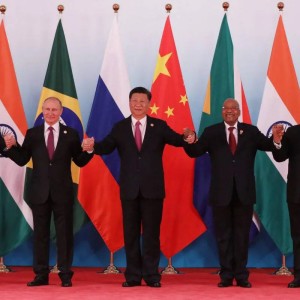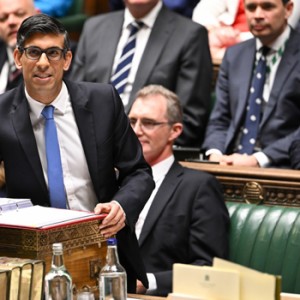President Emmanuel Macron beat far-right challenger Marine Le Pen with a solid margin, final results showed on Monday, but he showed no triumphalism as he acknowledged widespread discontent and all eyes turned to the June parliamentary ballot.
Macron won with 58.54% of the votes, well below his 66.1% victory against Le Pen in their first duel in 2017, and very far from the 82% secured by conservative Jacques Chirac in 2002 when most of France rallied behind him when the far-right first made it to the second round of France's presidential election.
"We will have to be benevolent and respectful because our country is riddled with so many doubts, so many divisions."
The conservative daily Le Figaro wrote in its main editorial on Monday: "In truth, the marble statue is a giant with feet of clay. Emmanuel Macron knows this well ... he will not benefit from any grace period."
"The recomposition of the French political landscape is not over. The majority that emerges from the parliamentary elections will be decisive for economic policy," said Amundi Chief Investment Officer Vincent Mortier.
"When a proposal that affects the lives of the French comes to the National Assembly, the deputies must go and discuss it with the French," parliament leader Richard Ferrand, a close ally of Macron, told France Inter.
"Otherwise, there is a risk of a divide between parliamentarians and what the French feel."
After a campaign dominated by cost of living issues, Finance Minister Bruno Le Maire told Franceinfo that price caps on energy would stay until the end of the year, to ease the surge in energy prices fuelled by the Ukraine war.














